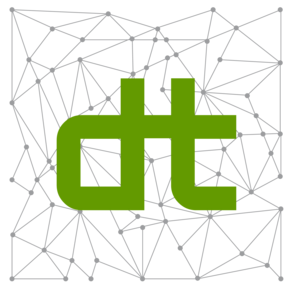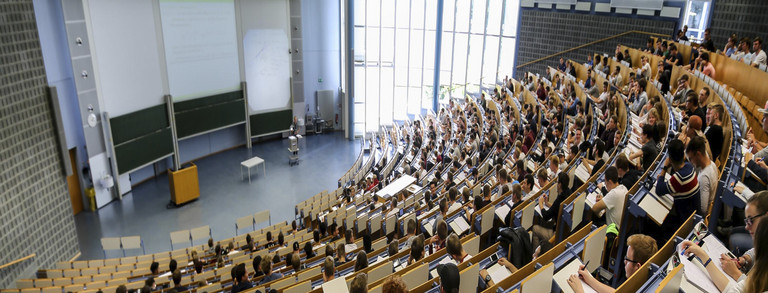Projektseminar
| Studienrichtung: | Bachelor |
| Modul: | Modul 11: Projektseminar |
| Dozent: | Manuel Wiesche |
| Umfang / Credits | 5 Credits |
| Vorstellung möglicher Themen | Vorstellung der möglichen Themen für Abschlussarbeiten am Mittwoch, 24.01.2024 15:00-15:30 Uhr Zoom-Meeting beitreten: https://tu-dortmund.zoom.us/my/lisa.gussek |
| Bewerbung: | bis Mittwoch, 31.01.2024, per Online-Formular auf unserer Website |
| Termin und Ort: | Kickoff am Montag, 11.03.2024 10:00 - 11:00 Uhr, P2-05-416 s. Ablaufbeschreibung unter Abschlussarbeiten |
Ziel
Das Projektseminar dient der Vorbereitung auf die Bachelorarbeit. Die Veranstaltung ist somit für Studierende gedacht, die in diesem Semester ihre Bachelorarbeit an der Professur Digitale Transformation schreiben werden. Projektseminar und Bachelorarbeit gehören zusammen und können nicht einzeln belegt werden.
Inhalt
Im Projektseminar beschäftigen sich Studierende mit einer wissenschaftlichen Fragestellung aus dem Themenfeld der Digitalen Transformation. Studierende bereiten eine wissenschaftliche Recherche zu einem Thema aus den Themenbereichen Digitale Plattformen, digitale Dienstleistungsinnovationen oder Arbeit der Zukunft. Eigene Themen sind willkommen und sollten im Bewerbungsschreiben motiviert werden. Der Fokus des Projektseminars liegt i.d.R. auf der Planung einer strukturierten Literaturanalyse (Schreieck et al. 2016; Vom Brocke et al. 2009; Webster and Watson 2002) für eine literaturbasierte Bachelorarbeit oder der Erarbeitung von Forschungslücke und Erhebungsinstrument für eine empirische Bachelorarbeit.
Voraussetzungen
Das Belegen der Veranstaltung Wissenschaftliches Arbeiten an unserer Professur ist Pflicht. Eine zusätzliche Bewerbung ist jedoch nicht erforderlich.
Bewerbung
- Erfolgt automatisch durch die Bewerbung für eine Abschlussarbeit an unserer Professur
- Bewerbungszeitraum: ab sofort bis Mittwoch, 31.01.2024 (23:59 Uhr)
- Eine Rückmeldung (Zu- oder Absage) erhalten Sie bis Donnerstag, 08.02.2024.
Literatur
- Schreieck, M., Wiesche, M., and Krcmar, H. 2016. "Design and Governance of Platform Ecosystems-Key Concepts and Issues for Future Research," Twenty-Fourth European Conference on Information Systems (ECIS), İstanbul,Turkey.
- Vom Brocke, J., Simons, A., Niehaves, B., Riemer, K., Plattfaut, R., and Cleven, A. 2009. "Reconstructing the Giant: On the Importance of Rigour in Documenting the Literature Search Process," 17th European Conference on Information Systems, Verona, Italy, pp. 2206-2217.
- Webster, J., and Watson, R. T. 2002. "Analyzing the Past to Prepare for the Future: Writing a Literature Review," MIS Quarterly (26:2), pp. 13-23.


